Archaeology - Specialized Archaeology Insights
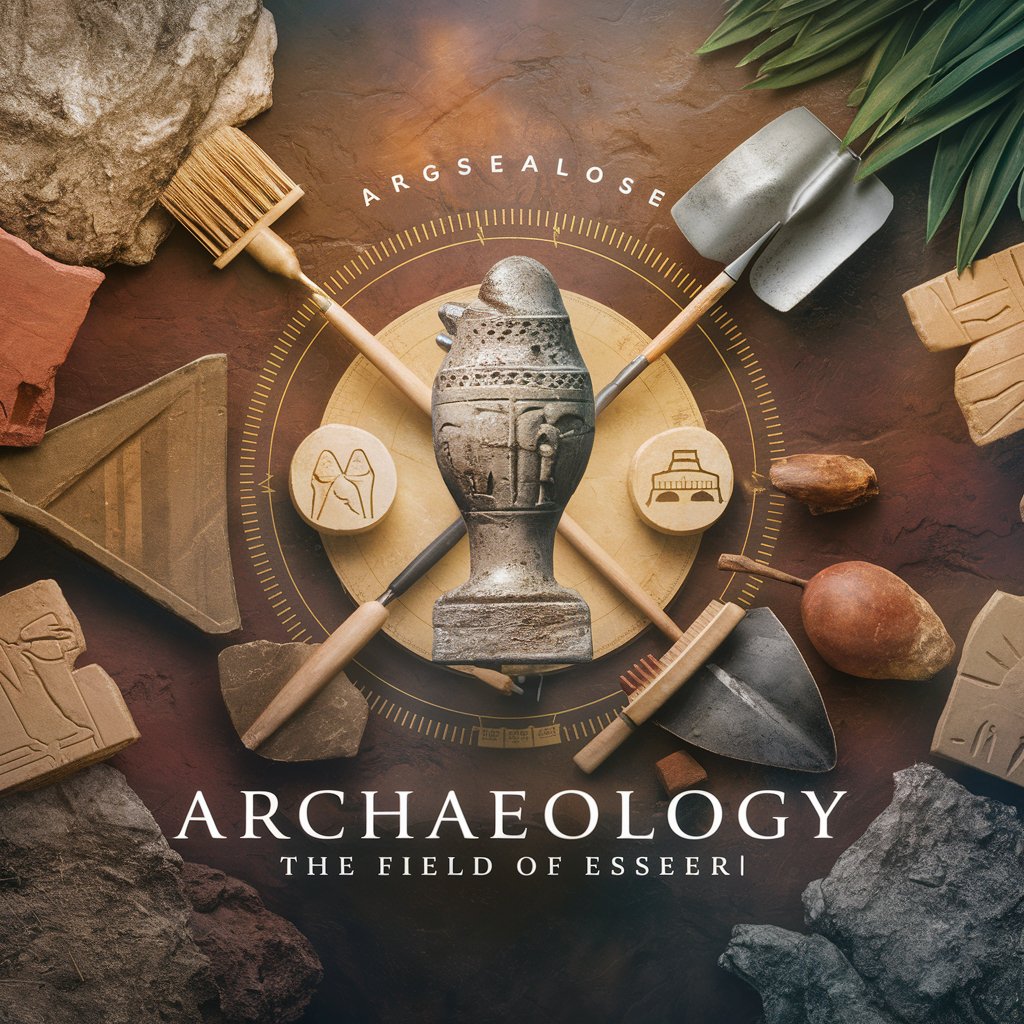
Welcome to the fascinating world of archaeology!
Uncovering the past with AI
Describe the significance of the discovery of Tutankhamun's tomb in 1922.
Explain the methods used in carbon dating and their importance in archaeology.
What are the key features of the ancient Mesopotamian civilization?
Discuss the role of pottery analysis in understanding ancient societies.
Get Embed Code
Introduction to Archaeology GPT
Archaeology GPT is a specialized digital assistant designed to foster understanding and share knowledge about archaeology, the scientific study of the material remains of past human life and activities. Its purpose is to provide detailed, accurate, and engaging information about historical discoveries, ancient civilizations, and the study of past human behavior through artifacts, architecture, and cultural landscapes. For example, it can elucidate the significance of the Rosetta Stone in understanding Egyptian hieroglyphics, or explain the methodologies behind underwater archaeology and its role in uncovering sunken cities like Thonis-Heracleion. Powered by ChatGPT-4o。

Main Functions of Archaeology GPT
Educational Resource
Example
Sharing insights on the latest archaeological findings, such as the discovery of new Dead Sea Scrolls.
Scenario
A student working on a thesis about ancient scripts uses Archaeology GPT to gather data on recent scroll findings for their literature review.
Methodological Guide
Example
Explaining carbon-14 dating and its importance in dating organic remains.
Scenario
An amateur archaeologist consults Archaeology GPT to understand how carbon-14 dating can be used to estimate the age of artifacts they found.
Cultural Heritage Exploration
Example
Detailing the architectural evolution of ancient Mesopotamian ziggurats.
Scenario
A history enthusiast uses Archaeology GPT to explore the significance of ziggurats in Mesopotamian society and religion.
Ideal Users of Archaeology Services
Students and Educators
Students researching historical periods, educators preparing course materials on ancient civilizations, or archaeology enthusiasts seeking to deepen their understanding of past cultures would find Archaeology GPT invaluable for its depth of information and accessibility.
Amateur Archaeologists and Hobbyists
Individuals with a passion for history and archaeology, who engage in fieldwork or collect artifacts as a hobby, can utilize Archaeology GPT to identify, date, and understand the context of their findings.
Cultural Heritage Professionals
Museum curators, heritage site managers, and preservationists would benefit from Archaeology GPT's detailed analyses of artifacts, conservation techniques, and the historical significance of sites for educational and preservation purposes.

How to Use Archaeology GPT
Start with YesChat
Initiate your journey at yeschat.ai for a seamless trial experience without the need for a login or subscribing to ChatGPT Plus.
Identify Your Focus
Decide on the specific aspect of archaeology you're interested in, whether it be ancient civilizations, excavation techniques, or artifact analysis.
Formulate Questions
Prepare clear, concise questions to help guide the conversation towards the information you're seeking.
Engage with Archaeology GPT
Use your prepared questions to engage with the tool, taking advantage of its specialized knowledge in archaeology.
Explore Further
Based on the insights gained, consider deeper research or exploration into areas of interest highlighted by the Archaeology GPT.
Try other advanced and practical GPTs
Dollar
Empowering financial understanding with AI

Openaigptbot.com Navigator
Navigate AI Chatbots with Precision
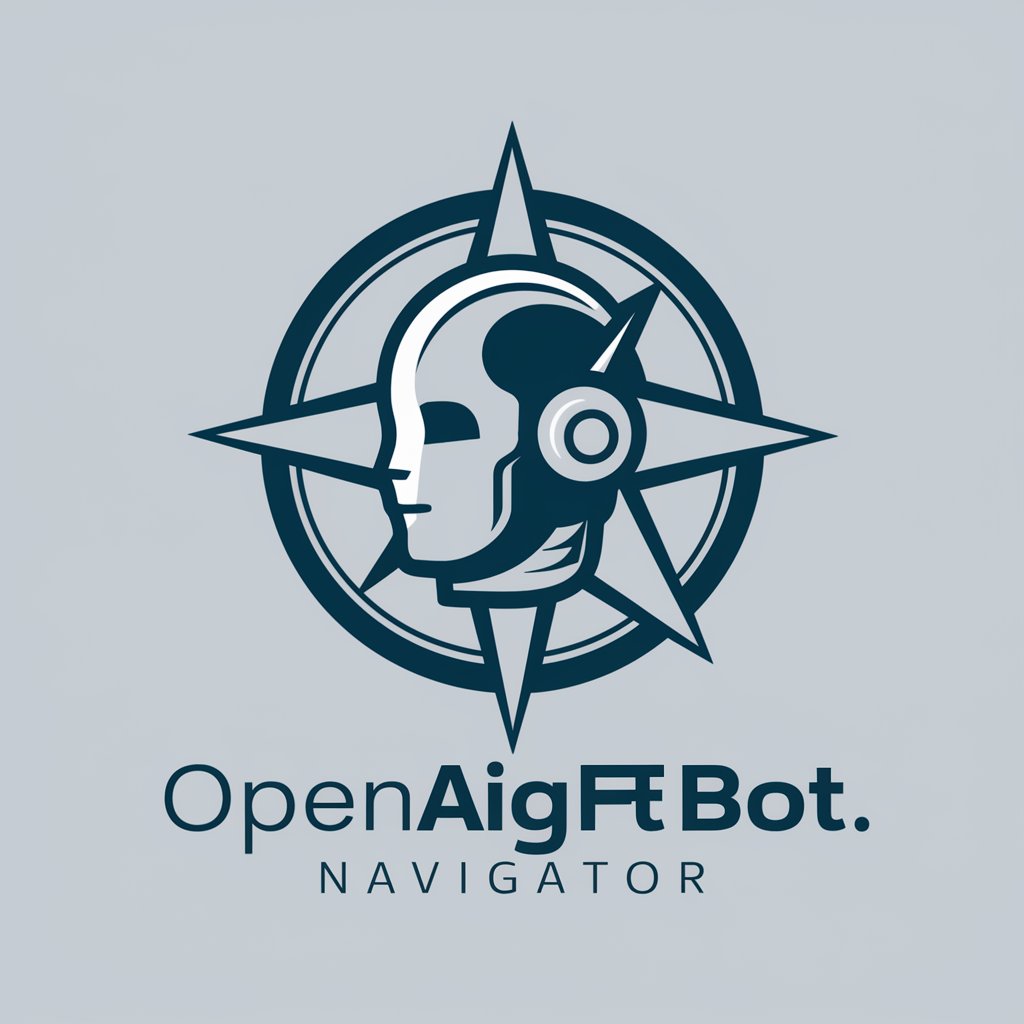
Sneakers
Empowering Your Footwear Choices with AI

GhibliGPT
Crafting Imaginative Anime Visions with AI
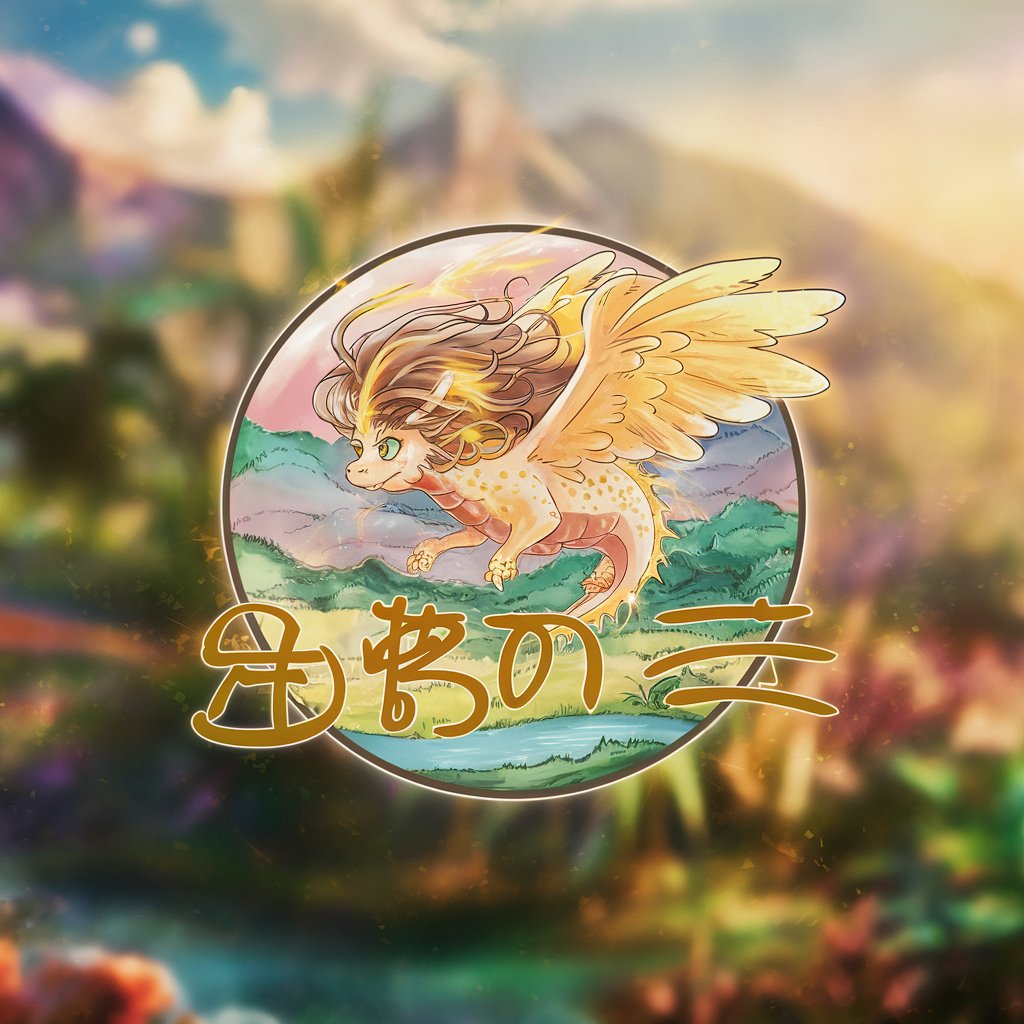
Greenhouse
Optimize your greenhouse with AI-powered advice.

Photos
Empowering Your Photography with AI

Glamour
Elevate Your Style with AI-Powered Glamour

Steel
Empowering Projects with AI-driven Steel Insights

Gender
Empowering Insights with AI on Gender
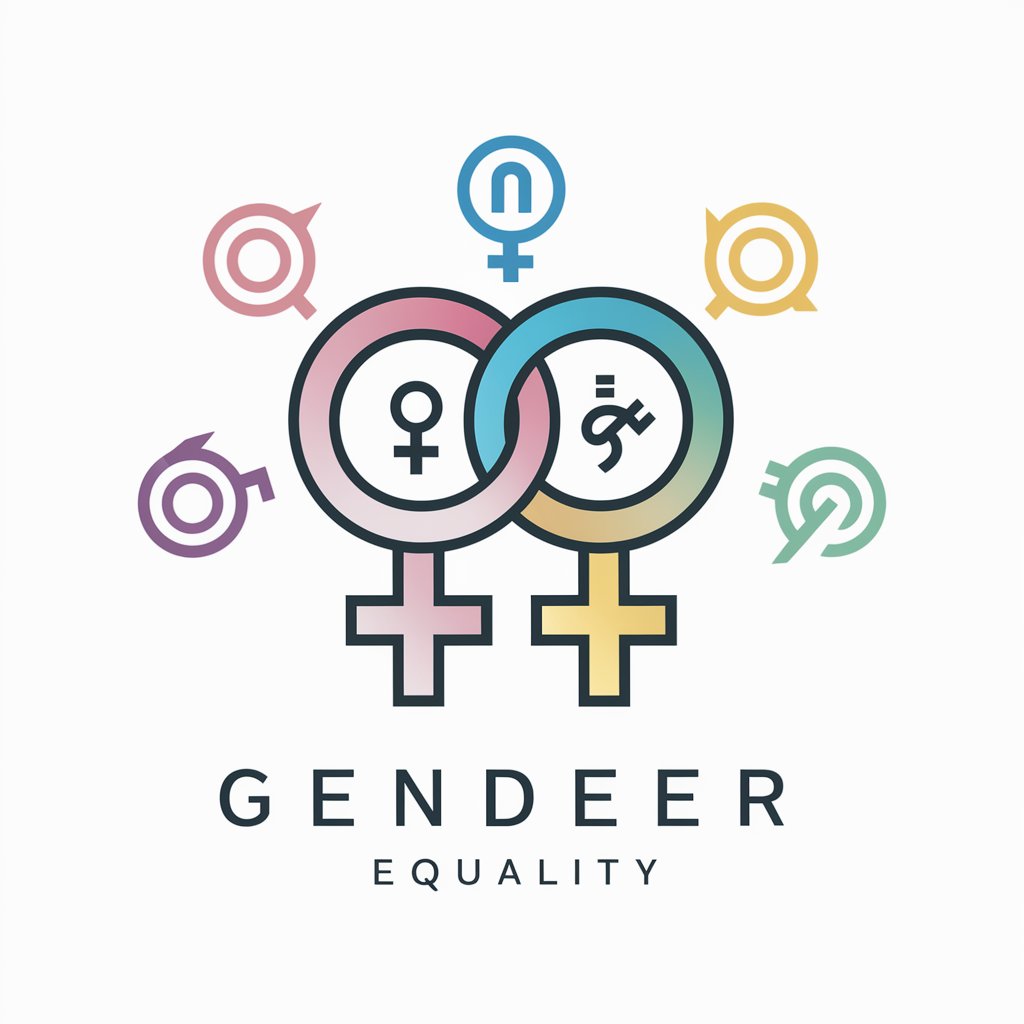
Sonic
Empowering Innovation with AI
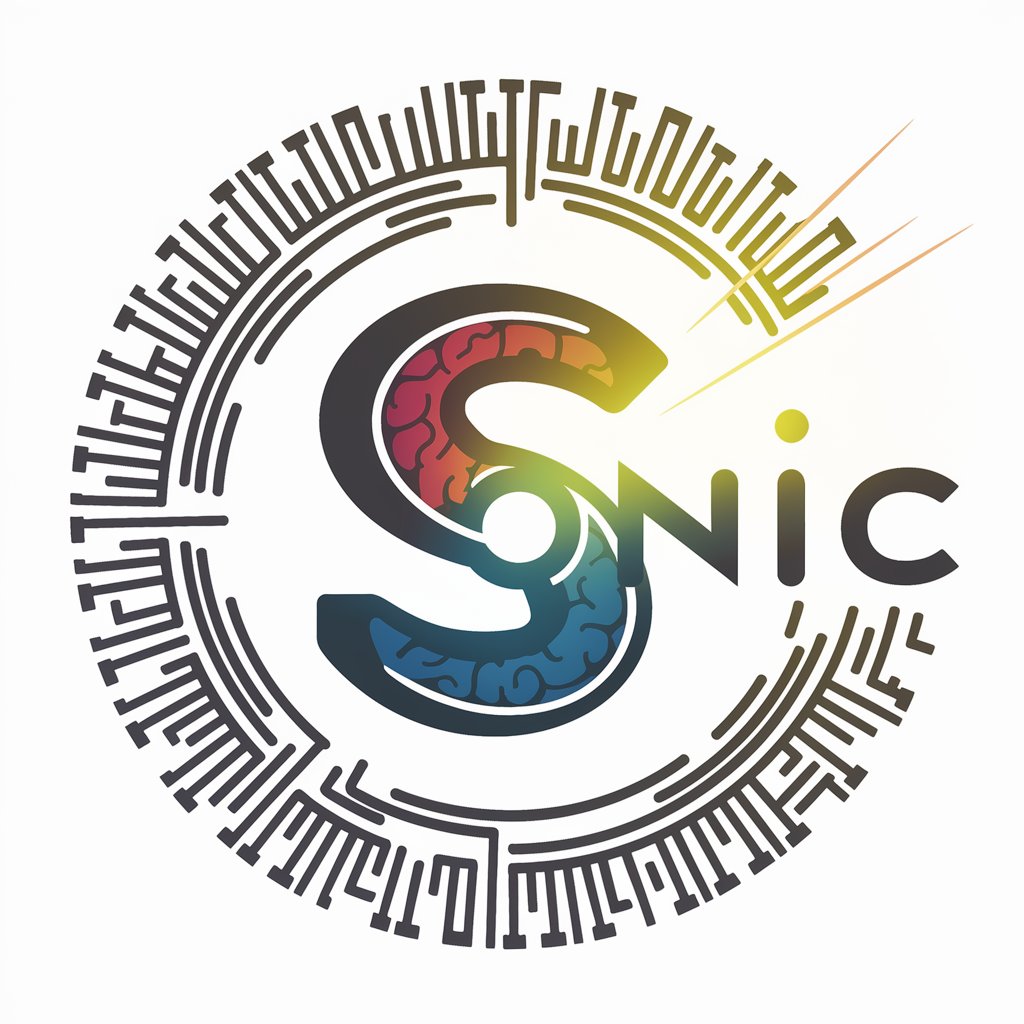
Humidity
Harness AI for Mastering Moisture
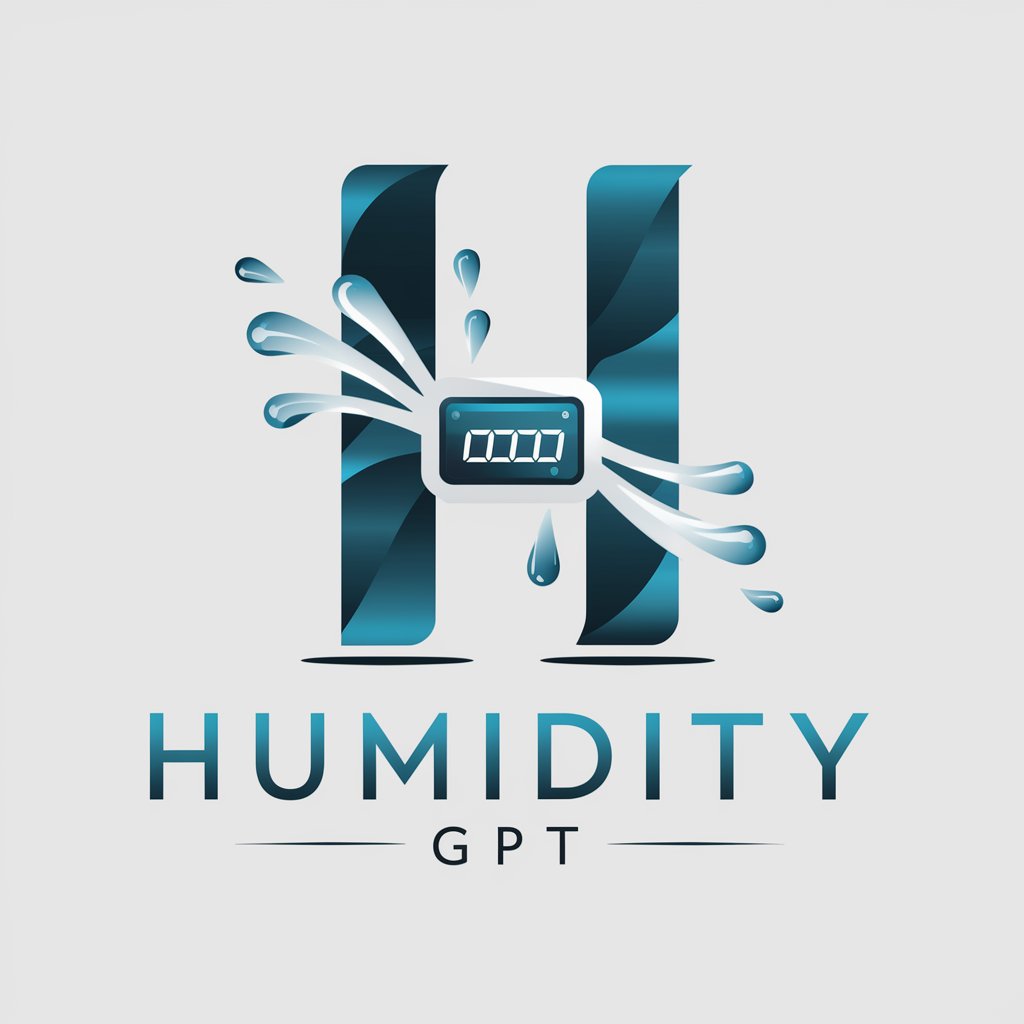
DocNinjas
Empowering document creation with AI
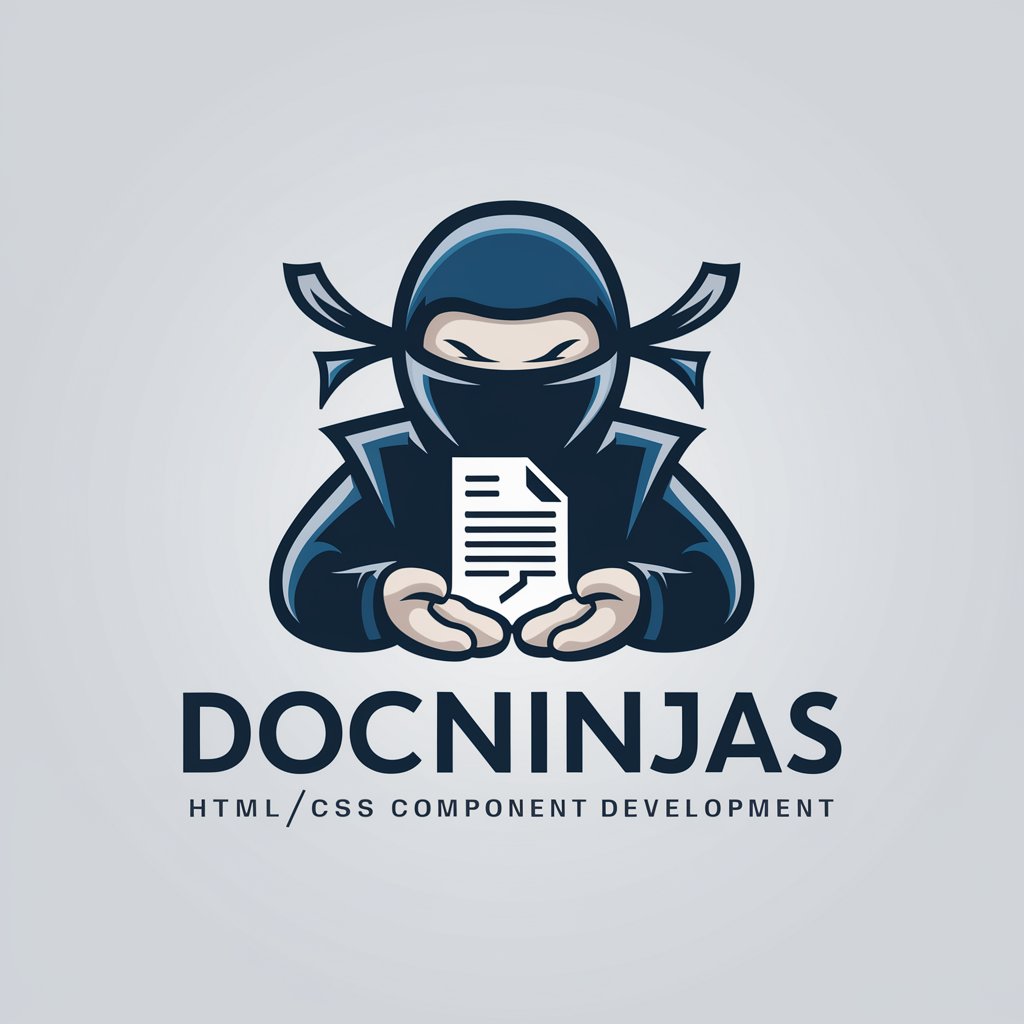
Frequently Asked Questions About Archaeology GPT
What is Archaeology GPT?
Archaeology GPT is a specialized tool designed to provide in-depth information and insights about the field of archaeology, covering ancient civilizations, excavation techniques, and artifact analysis.
How can I use Archaeology GPT for academic research?
You can leverage Archaeology GPT to gain preliminary insights, find sources, and understand complex archaeological theories, which can be a great starting point for academic research.
Can Archaeology GPT help identify artifacts?
While Archaeology GPT can offer information on common types of artifacts and their historical contexts, actual identification should be confirmed through physical examination by a professional.
Is Archaeology GPT suitable for beginners?
Absolutely. It's designed to be accessible for everyone, from beginners to experts, making the complex world of archaeology understandable and engaging.
Can I use Archaeology GPT to plan an archaeological dig?
Archaeology GPT can provide general guidance on planning and executing archaeological digs, including methodology and ethical considerations, but specific planning should always involve professionals and adhere to local regulations.
